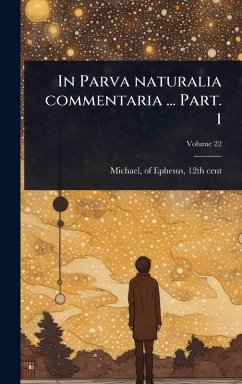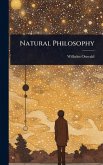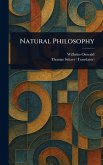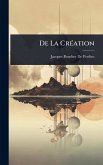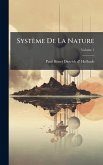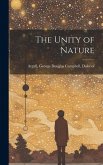In Parva naturalia commentaria ... Part. 1, Volume 22, is a Latin commentary on Aristotle's short treatises on natural science, known collectively as "Parva Naturalia." Authored by Michael of Ephesus, a prominent 12th-century commentator on Aristotle, this work offers valuable insights into the medieval understanding of Aristotelian philosophy and science. The commentary delves into Aristotle's explorations of topics such as sensation, memory, sleep, and dreams, providing detailed explanations and interpretations of the original texts. This volume is a significant resource for scholars interested in the history of philosophy, the history of science, and the reception of Aristotle's works in the medieval period. Michael of Ephesus's meticulous analysis illuminates the complex ideas presented in "Parva Naturalia," making it an essential text for understanding the intellectual landscape of the Middle Ages. This work has been selected by scholars as being culturally important, and is part of the knowledge base of civilization as we know it. This work was reproduced from the original artifact, and remains as true to the original work as possible. Therefore, you will see the original copyright references, library stamps (as most of these works have been housed in our most important libraries around the world), and other notations in the work. This work is in the public domain in the United States of America, and possibly other nations. Within the United States, you may freely copy and distribute this work, as no entity (individual or corporate) has a copyright on the body of the work. As a reproduction of a historical artifact, this work may contain missing or blurred pages, poor pictures, errant marks, etc. Scholars believe, and we concur, that this work is important enough to be preserved, reproduced, and made generally available to the public. We appreciate your support of the preservation process, and thank you for being an important part of keeping this knowledge alive and relevant.
Bitte wählen Sie Ihr Anliegen aus.
Rechnungen
Retourenschein anfordern
Bestellstatus
Storno

